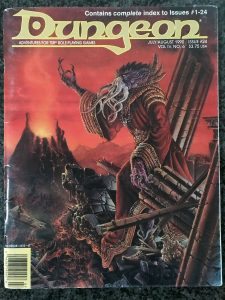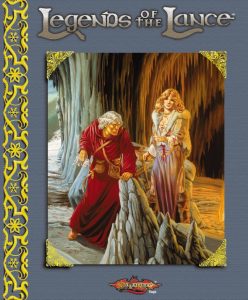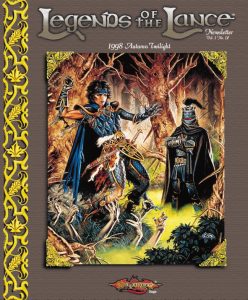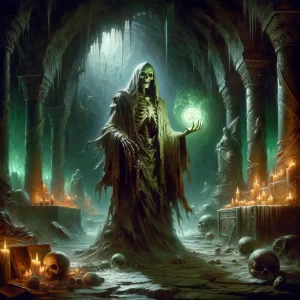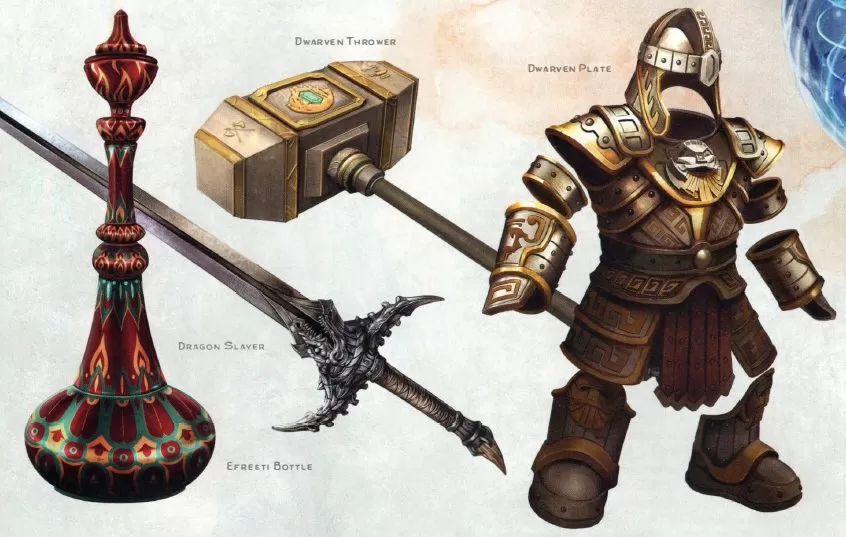
Material Wealth
In the timeless, intricate tapestry of the Dungeons & Dragons universe, a dazzling treasury and gold awaits-filled to the brim with enchanted artifacts and mystical relics. Hidden in arcane vaults, guarded by mythical creatures, or shrouded by sorcerous veils, these treasures lay in waiting for audacious explorers willing to face the perils that guard them. The allure of these artifacts is not just their formidable powers, but also the untold stories and ancient lore that surround them.
In this otherworldly realm, gold piece value takes on a whole new meaning. Rather than merely serving as commerce tags or labels of worth, they become symbols-encoded manifestations of the item's place in the cosmic hierarchy. Each gold piece value resonates with ancient myths and prophecies, hinting at the object's capability to unlock hidden dimensions, summon celestial beings, or even rewrite the laws of magic and physics.
Indeed, in the ancient and mystical realms of the Dungeons & Dragons universe, the quest for these unparalleled artifacts becomes a journey unto itself-a daring voyage through time, space, and the boundaries of reality. It's an expedition not just for tangible riches, but for transcendent experiences that elevate a daring adventurer into the annals of legend.
The pursuit of such artifacts is more than a craving for material wealth. It's a hunger for the extraordinary, a thirst for the unknown, a call to adventure that compels the boldest of heroes to embark on quests fraught with peril and mystery. To trivialize these enchanted treasures as mere commodities would be to strip the magic from the very essence of adventure. It would undermine the hero's purpose, their drive to be courageous, to explore, and to overcome.
Selling Magic Items
Ah, but selling magic? That is a rare and dangerous business. Not every market is ripe for peddling the arcane, and the Dungeon Master, the keeper of secrets and weaver of tales, holds the discretion to decide when and where such transactions may occur.
To know the true nature of an enchanted item is a puzzle, a riddle wrapped in magic and enigma. Some treasures bear blessings, while others carry curses, concealed dangers, and even death. These magical items emit a siren's call that lures thieves and brigands. Why face the haunted wilderness or delve into the waterlogged depths of a monster-ridden maze when one could simply rob the local purveyor of the arcane?
Beware, adventurer, for the path of trading magical items is a winding and treacherous one. To sell such a rarity, one may only receive a shadow of its listed price in coins or in exchange for another mystical object. It's a dance of negotiation and craftiness, where sellers strive to seize the most from a market ever-shifting in its demands.
Bartering
When bartering enchanted items for services such as spell casting, one might expect to trade almost at full value, ranging from 60% to 85%. Yet, when attempting to purchase with mere coins and treasures, expect to pay more, far more than the listed price. Owning a priceless magical artifact places one in the shoes of an art collector possessing a timeless masterpiece - an object of immeasurable worth, yet with no buyers who can match its true price. The trading of such rarities is an art form in itself, a game of wit and guile, and a dance that ensures the merchant's risk is rewarded with sufficient profit.
Note
Over 5,000 magical items and their values are catalogued on this mystical page, a tome for Dungeon Masters to weave into their worlds. But remember, not all items are penned here, and prices are not set in stone. They may waver with the winds, shift from region to region, fluctuate with desire and necessity. Some treasures remain hidden, requiring the Dungeon Master's own magic to reveal their properties and fit them into their fantastical realm.
Purchasing Magical Items? Behold, adventurer! A cornucopia of over 5,000 enchanted artifacts and their suggested values in glittering gold await your perusal. Embrace the magic, savor the mystery, and let your adventure begin!
The Magic Encyclopedia Volume One
The Magic Encyclopedia Volume Two
Beware Inflation
But Dungeon Master beware! Inflation.
In the world of Dungeons & Dragons (D&D), inflation isn't just an economic concept; it can dramatically alter the balance and feel of a campaign. When too much gold or treasure flows into the hands of player characters (PCs), the Dungeon Master (DM) can find it challenging to maintain a sense of danger, risk, or reward. Here's how inflation can impact a D&D game:
Weakening of Narrative Tension
When characters have easy access to abundant resources, the stakes may feel artificially lowered. Why bother solving the riddles of a sphinx when you can simply hire an army of scholars to do it for you?
Gear Imbalance
If characters can easily afford powerful magic items or armor, this not only throws off the balance between player and foe but may also make less wealthy characters feel less useful or impactful.
Resource Devaluation
As gold becomes commonplace, the actual worth of treasure hoards, rewards, or loot drops loses its luster. This can lead to a less satisfying game experience as players may no longer feel incentivized to explore, barter, or complete quests for financial gain.
Market Disruption
In a world where adventurers regularly bring back treasures worth entire kingdoms, the local economies would realistically collapse or at least become highly unstable. This can strain the immersion and believability of the game world.
Escalating Challenges
The DM might feel pressured to increase the scale and danger of encounters to challenge well-equipped characters. This can lead to a vicious cycle where even more valuable rewards are needed to continue escalating challenges, exacerbating the inflation issue further.
Social and Political Consequences
In some settings, a sudden influx of wealth can have broader implications. It might sow discord among party members, attract the attention of thieves or governments, or even shift the balance of power in the game world, making for a more complicated and potentially dangerous environment.
Difficulty in Reward Management
The DM might struggle with offering meaningful non-material rewards like boons, titles, or narrative achievements when players begin to expect high-value material rewards for their efforts.
Therefore, it's important for the DM to keep tabs on the economy within their game world. This can be done by controlling the flow of gold and valuables, introducing living costs, having magical items be priceless or bound to certain characters, or even employing narrative solutions like thefts, taxation, or fines to keep the PCs' wealth in check.
